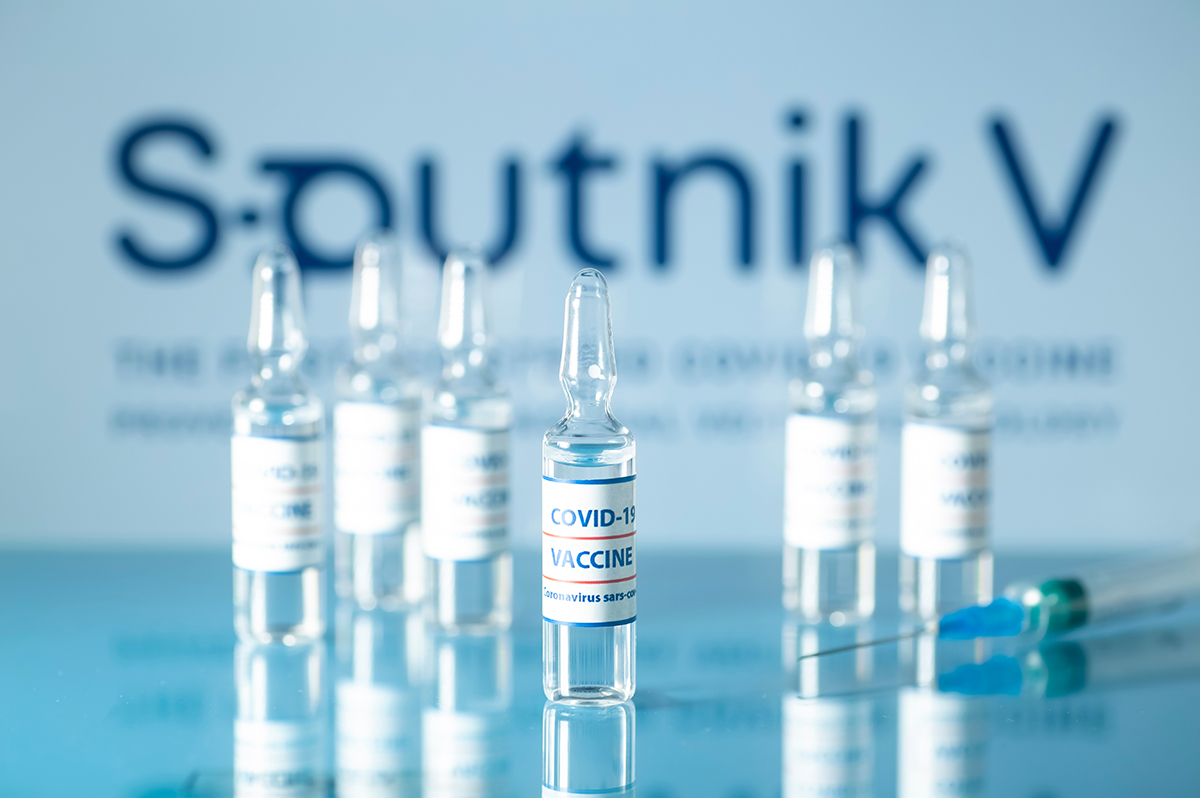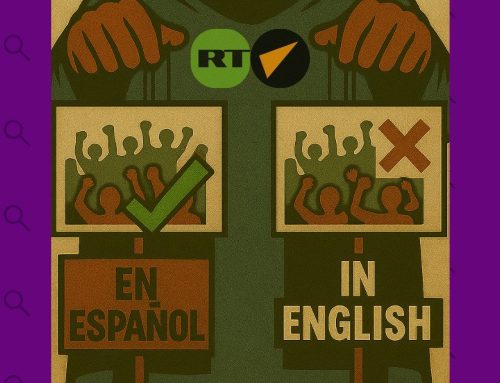Over the past year, the regimes in Russia, China, and Iran have used a combination of public diplomacy, propaganda, and overt and covert disinformation campaigns to portray their respective responses to the pandemic as superior to those of the West. This tactic is in keeping with a broader strategy of denigrating Western democracies and highlighting the ostensible strengths of their own respective governance models. That vaccines have become the latest flashpoint in this emerging competition of ideas is not surprising, given that they are a pathway to power in multiple forms, from market power to soft power, and can be leveraged for sharper forms of political impact.
Much of the reporting on the use of information operations to manipulate vaccine narratives has focused on disinformation. In doing so, it misses the steady drumbeat of factual, but misleading coverage—for example, selective and repeated reporting on adverse reactions to certain vaccines—that can shape public opinion over time.
This use of “mal-information,” or genuine information presented without proper context to deceive audiences, has enabled the regimes in Moscow, Beijing, and Tehran and their respective state media to claim that their coverage has been misrepresented.





